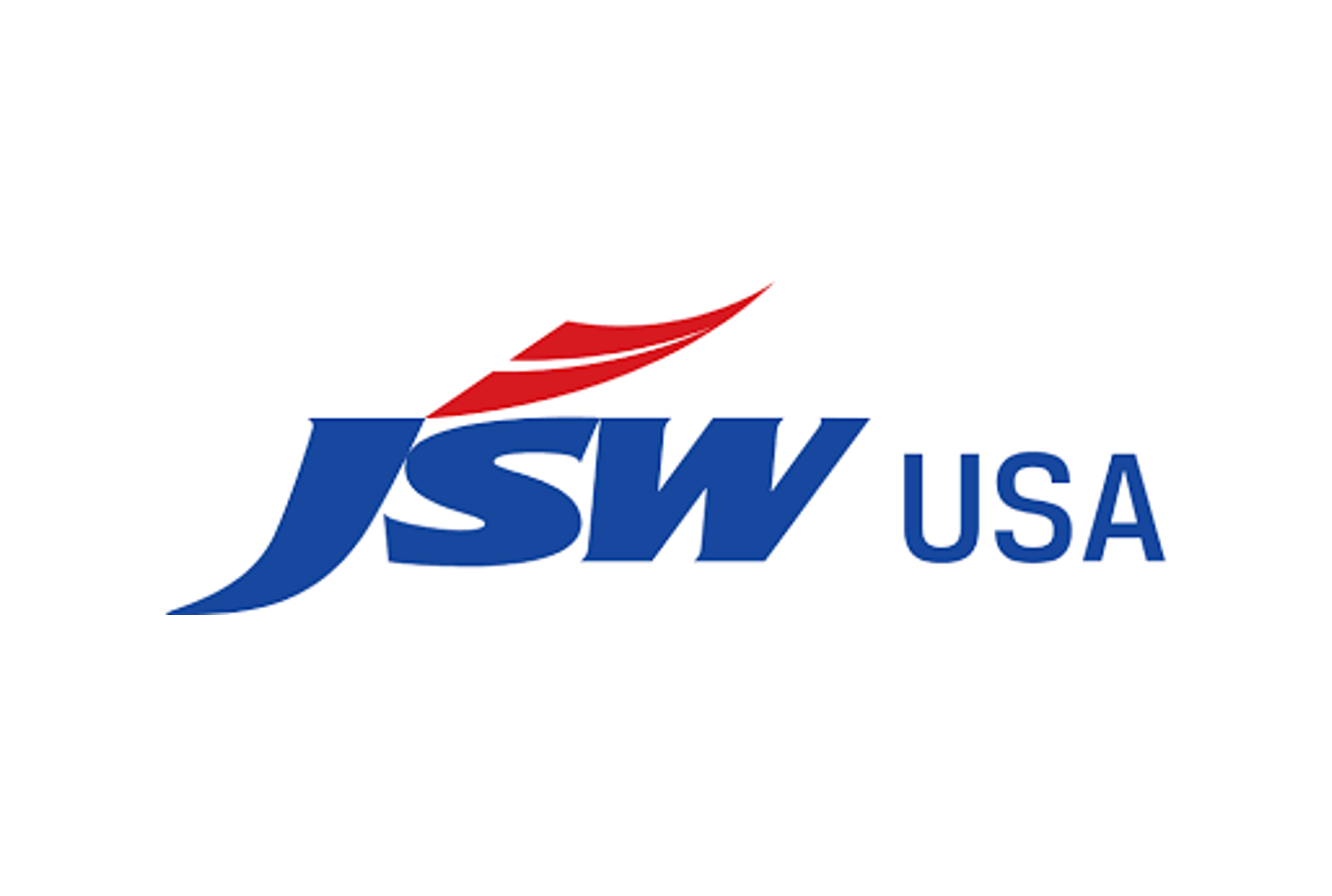Plate

August 29, 2013
Asian Scrap Markets: Have Prices Hit a Plateau?
Written by John Packard
The Far East and Southeast Asian ferrous scrap markets have been on the uptrend since the end of July. Since mid-July, scrap prices have risen approximately $20-$25/metric ton. This coincides with Tokyo Steel in Japan increasing scrap prices twice by approximately $24/MT.
The increase in scrap prices were reactionary as steel stockists ramped purchases from inventory lows as USA scrap prices and Japan scrap prices rose. However, this apparent demand in construction steel is mainly on the stockist level as opposed to actual demand increases. Furthermore, the increased apparent demand seems more isolated to Taiwan and in China versus other Asian markets.
Two weeks ago, there was a flurry of bulk scrap cargoes bought by Chinese traders/mills and Korean mills. These purchases were mainly in the $360-$370/MT CFR levels. Currently, bulk suppliers are quoting from $385-$395/MT CFR levels and with major resistance on purchases at these levels. Containerized HMS to Korea currently hovering $355/MT CFR Busan while Taiwan $360-$362/MT CFR basis. Offers currently at $370/MTt CFR levels but this is met with major resistance. India and Indonesia are rather quiet on demand due to the severe weakening of the rupee and rupiah.
There is still some Asian steel mills with maintenance schedules into September which is a downside on demand on scrap. However, mid September the Asian countries come out of summertime electricity curtailments which means an extra melt shift. Iron ore continues to hover around $136-$137/dry metric ton CFR in the short term, down from a high around $143/dmt.
My personal belief is the markets have short term hit a plateau, and we may have some risk on a bit of weakening on demand. The Middle East crisis with Syria may have some influence in the commodity markets next week as a short term flight to safety may strengthen the U.S. dollar. It may have some influence on Turkish mills delaying purchases for some weeks.
On the positive note, exports of scrap from Japan for next few months may be quite a bit less quantity than previous years as the major weakening of the yen in first half of 2013, has made Japanese made cars e.g. Toyota much more competitive (about 15% currency gain) at the expense of the Korean automobiles (e.g. Hyundai). We may be seeing the first stages of a resurgence in the Japanese manufacturing sector, and at the expense of Korea.
Common consensus is that next week scrap prices will still rise. At this moment, I am more contrarian believing we have hit that plateau and may have a weakening trend in next 2 weeks.







